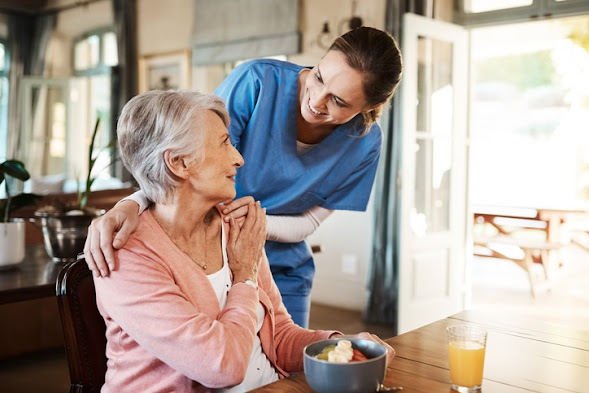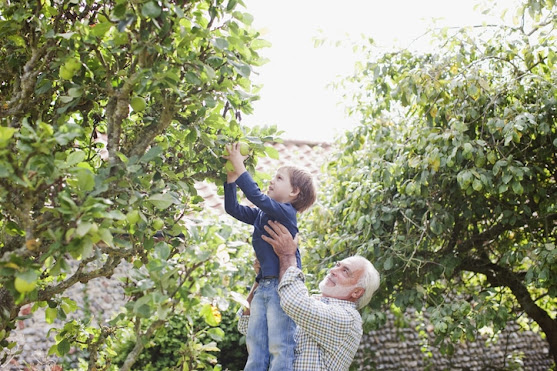Did you know that many seniors are living with three or
more chronic
health conditions? Some of the most common include diabetes, high
blood pressure, arthritis, heart
disease, and osteoporosis, all of which require different treatment plans
and different medications. Managing multiple health issues means that you have
to become your own advocate, from monitoring how you feel when taking a new
medication, to ensuring your treatment plans aren’t too confusing, to
scheduling regular check-ups with your specialists.
Being your own advocate while managing several chronic
health conditions can be overwhelming, confusing, and stressful, but it’s
essential that you take
control of your treatment and your medications to avoid any
complications. Here are three actions you can take to get started:
Tell Your Doctor Right Away if a Treatment Doesn’t Seem
to be Working or is Causing Problems
You are the only person who truly knows how you feel
physically, mentally, and emotionally. Medications for certain health
conditions often come with side effects, and it’s important to pay attention to
how these medications make you feel. It’s also important to note if you don’t
feel your medications are helping to alleviate your symptoms, and it’s
something your doctor should know as soon as possible.
If a certain medication or treatment is making you feel
sick, or you suspect it’s negatively interacting with one of your other
medications, please call your doctor and let them know what’s happening. If it
helps, you can make a list of your medications and how you feel after taking
each one, or how you feel after taking all of them together, and share that
list with your doctor.
Speak up if the Treatment Plan is too Complicated,
Confusing, or Unclear
We always recommend asking for clear, written instructions
for any treatment plan before leaving your doctor’s office. Your doctor should
give you all the necessary information, including when to take your
medications, whether or not to take them with food or a drink, and which
medications can be combined and which cannot. If you’re managing multiple
chronic health issues and you’re taking several medications, your treatment
plan can easily become too confusing. If this happens, speak up and ask for
clarification along with a simpler plan.
Tell the Doctor About Priorities for Care
If you’re helping your senior parent manage their health
conditions, tell their doctor about their lifestyle, the things that are
important to them, and what makes them most comfortable. For example, if your
dad loves taking a long morning walk, he will want to avoid taking any
medications in the morning that can make him feel drowsy. It’s important to
understand how each medication will impact your parent’s existing lifestyle and
hobbies.
When a recommended medication comes with possible side
effects that interfere with your senior parent’s lifestyle, ask their doctor
about alternatives. There are alternatives to some medications that simply work
in different ways and result in different side effects. Sometimes it’s a matter
of trial and error, and it’s essential to know the full list of potential side
effects before giving your parent something new to take.
If you have any questions about how to manage multiple
chronic health conditions, or if you’d like more information about our long term care in New Jersey,
please contact our team at UMC today: https://umcommunities.org
This blog was originally published at https://umcommunities.org/blog/chronic-health-conditions/













